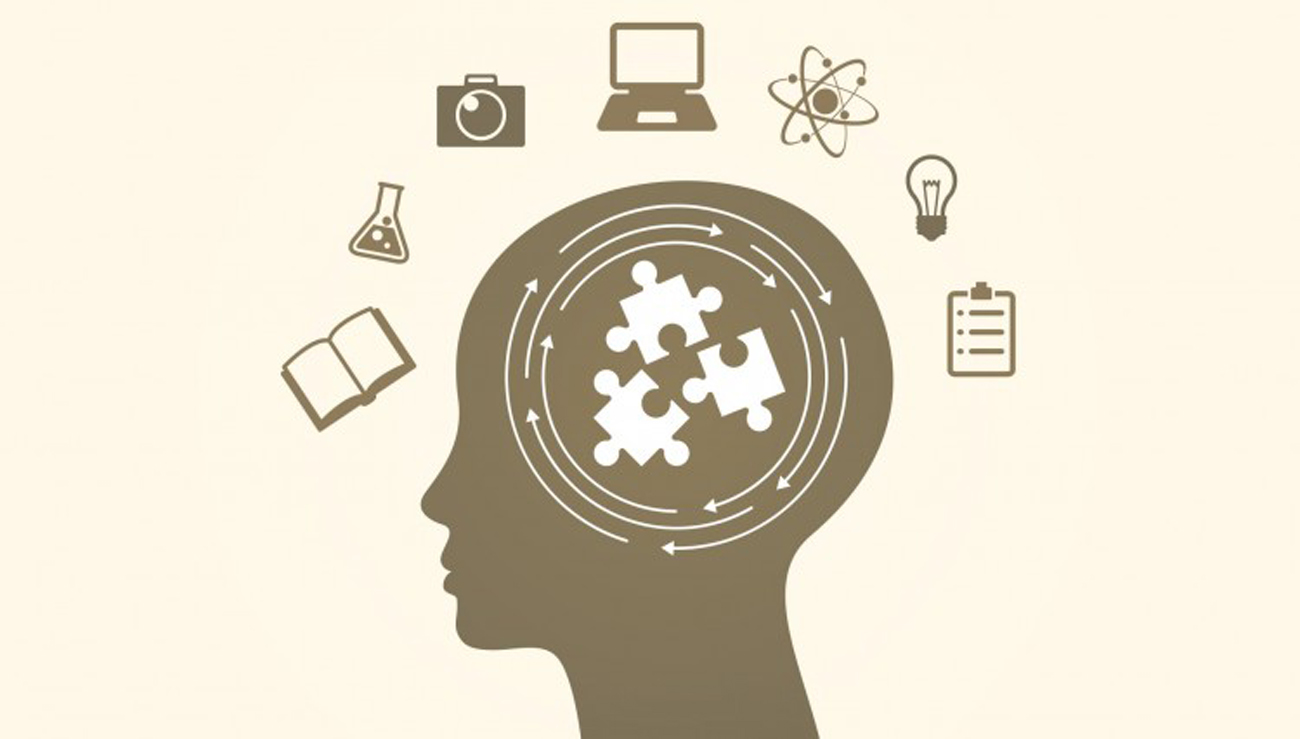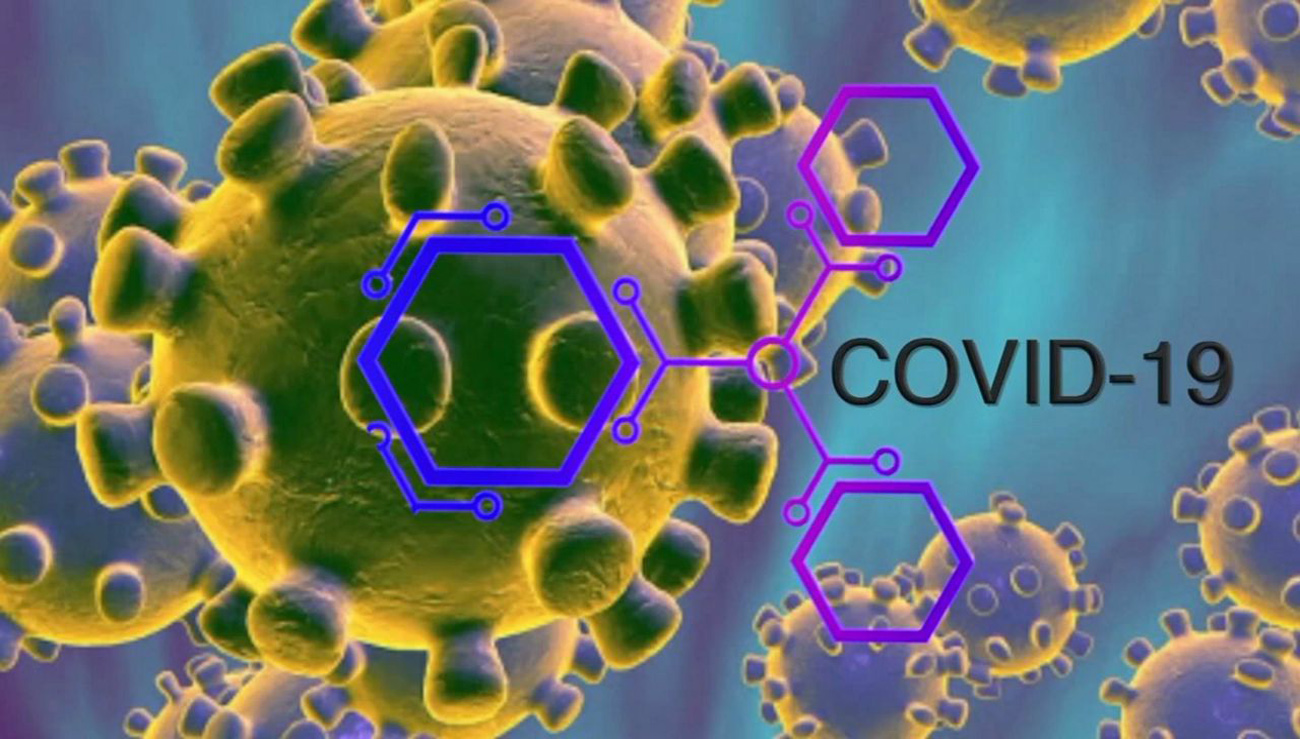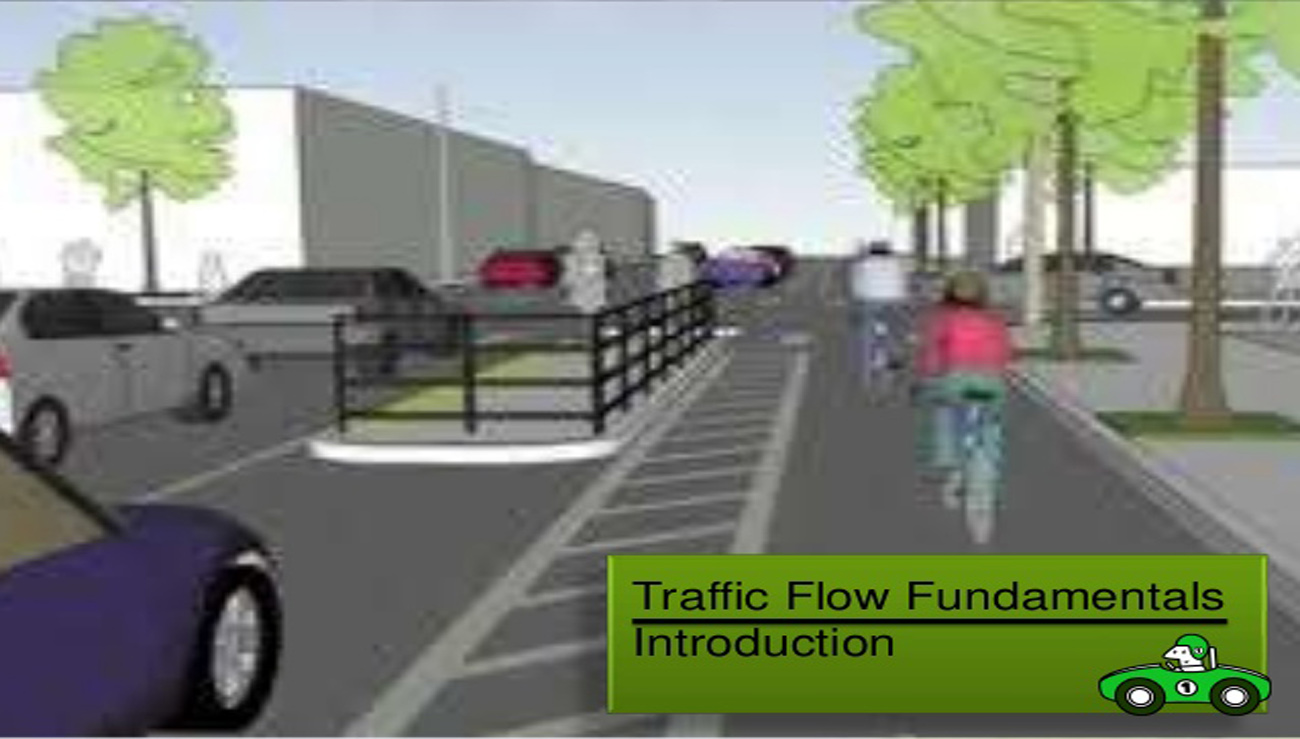
Development of Critical Thinking Skill Programme for the Student Teachers of Diploma in Teacher Education colleges
Abstract:
The importance of education and its role should be to open up minds and ensure that it thinks reasons and analyzes. The National Curriculum Framework 2005 places demands and expectations on the teacher, which need to be addressed by both initial and continuing teacher education. To enhance the knowledge, values and skill among student it is necessary to enhance these in teacher first. Critical thinking is a type of reasonable, reflective thinking that is aimed at deciding what to believe or what to do. This paper examines the critical thinking skill of three D.T.Ed, college student teachers’ in the Kolhapur city and develop a programme to check the effectiveness of It. Findings are discussed most of the student teachers are poor in acquiring expanding question skill aspect, evaluating question skill aspect and analyzing question skill aspect of critical thinking skill. The treatment given to experimental group has produced significant difference in score of critical thinking skill and it can be said that the programme on development of critical thinking skill significantly enhances the critical thinking skill.
Author(s):
DOI:
Keywords:
References:
Bean E. and Markham H. (2000). A Mini-Guide for Teaching Critical Thinking retrieved from http://www.edu.gov.on.ca/eng/literacynumeracy/inspire/research/CBS.
Best and Kahn (2003). Research in Education (10th edition). Delhi: Dorling Kindersley Pvt. Ltd.
Browne M. N. and Keeley S. M. (2007). Asking the Right Questions A Guide to Critical Thinking (8th Edition). Bowling Green State University, NJ: Pearson Prentice Hall.
Collegiate Assessment of Academic Proficiency (2008).Critical Thinking Sample Test Questions Booklet, Retrieved from: http://www.howardcollege.edu/pdf/abouthc/qep/ctsample.pdf
Dolphins’ SEA Lab (1999), Retrieved from http://www.sanchezclass.com/handbook/blooms.pdf
Edmonds M., Hull J., Janik E. and Rylance K. (2005). History & Critical Thinking: A Handbook for Using Historical Documents to Improve Students’ Thinking Skills in the Secondary Grades. Retrieved from www.wisconsinhistory.org
ERIC Development Team (1988), Critical thinking skills and Teacher Education, ERIC Clearinghouse on Teacher Education Washington DC. (ED297003)
Gelder (2002), How to improve critical thinking using Educational technology, Retrieved from: http://www.ascillite.org.au/conferences/melbourneOl/pdf/papers/vangeldert.pdf
Good C. V. (1973). Dictionary of Education, Mc Grow-Hill Book Company.
Jamison J.R. (2005). Fostering critical thinking skills: a strategy for enhancing evidence-based wellness care http://www.chiroandosteo.eom/content/13/l/19
Kothari C.R. (2004). Research methodology methods and techniques. New Delhi: New age international (P) limited publisher.
Lloyd and Bahr (July 2010). Thinking Critically about Critical Thinking in Higher Education, Retrieved from http://academics.georgiasouthern.edu/iisotl/v4n2/article/PDFs/LloydBahr.pdf
Nirmala and Shakuntala (December 2011) Concept Mapping – An effective tool to promote Critical ThinkingSkills among nurses,Retrieved from: http://nitte.edu.in/iournal/decsplitted/Nitte%20University%20Journal%20December21_26.pdf
Paul and Kaye (1992).Critical thinking in Teacher Education: A Process-Oriented Research Agenda, Retrieved from http://ro.ecu.edu.au/ajte/vol17/iss2/4
Reed Jennifer H. (December 1998). Effect of a model for critical thinking on student achievement in primary source document analysis and interpretation, argumentative reasoning, critical thinking dispositions, and history content in a community college history course, A dissertation submitted in partial fulfillment of the requirements for the degree of Doctor of Philosophy in Curriculum and Instruction with an emphasis in Interdisciplinary Studies College of Education University of South Florida.




